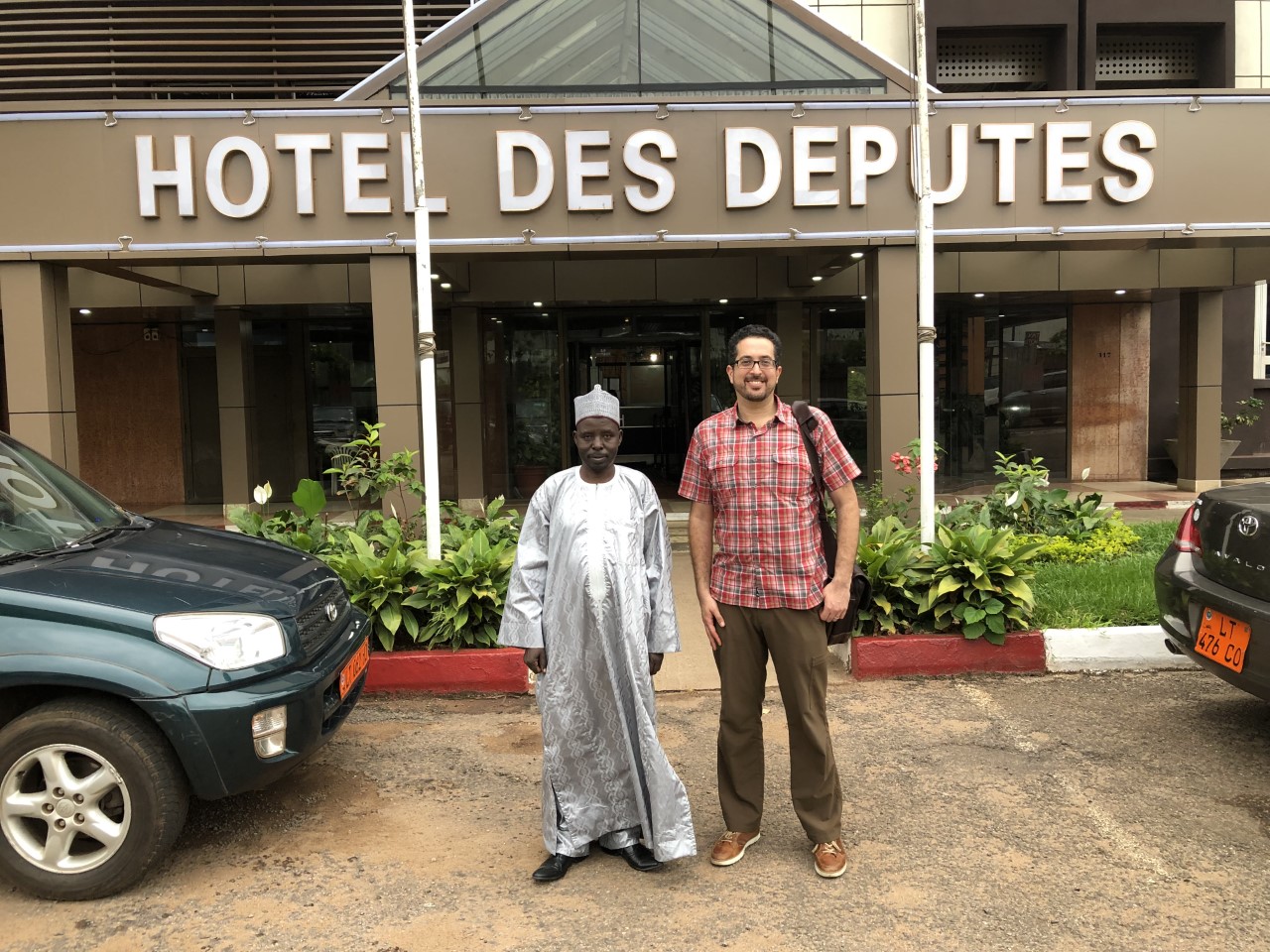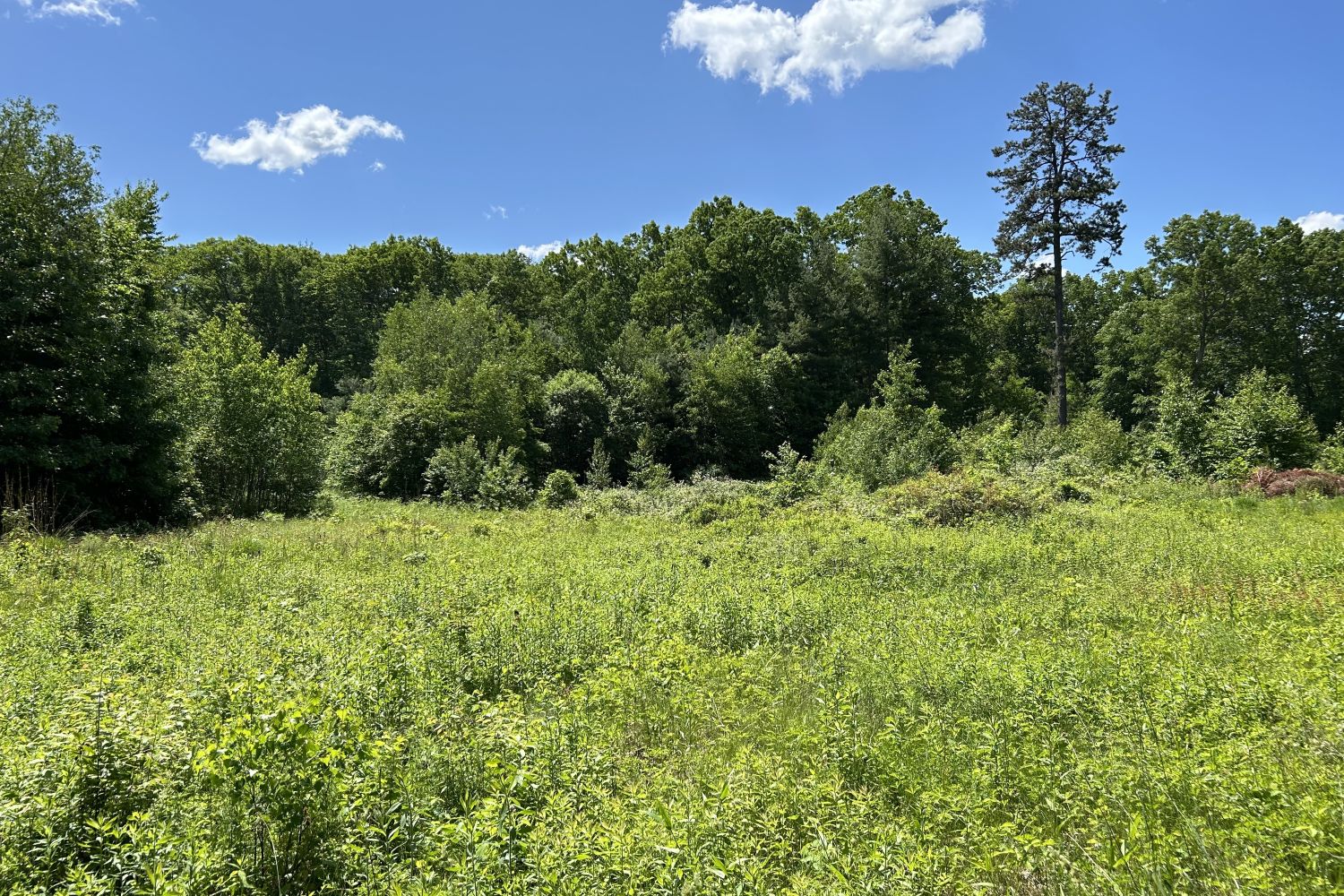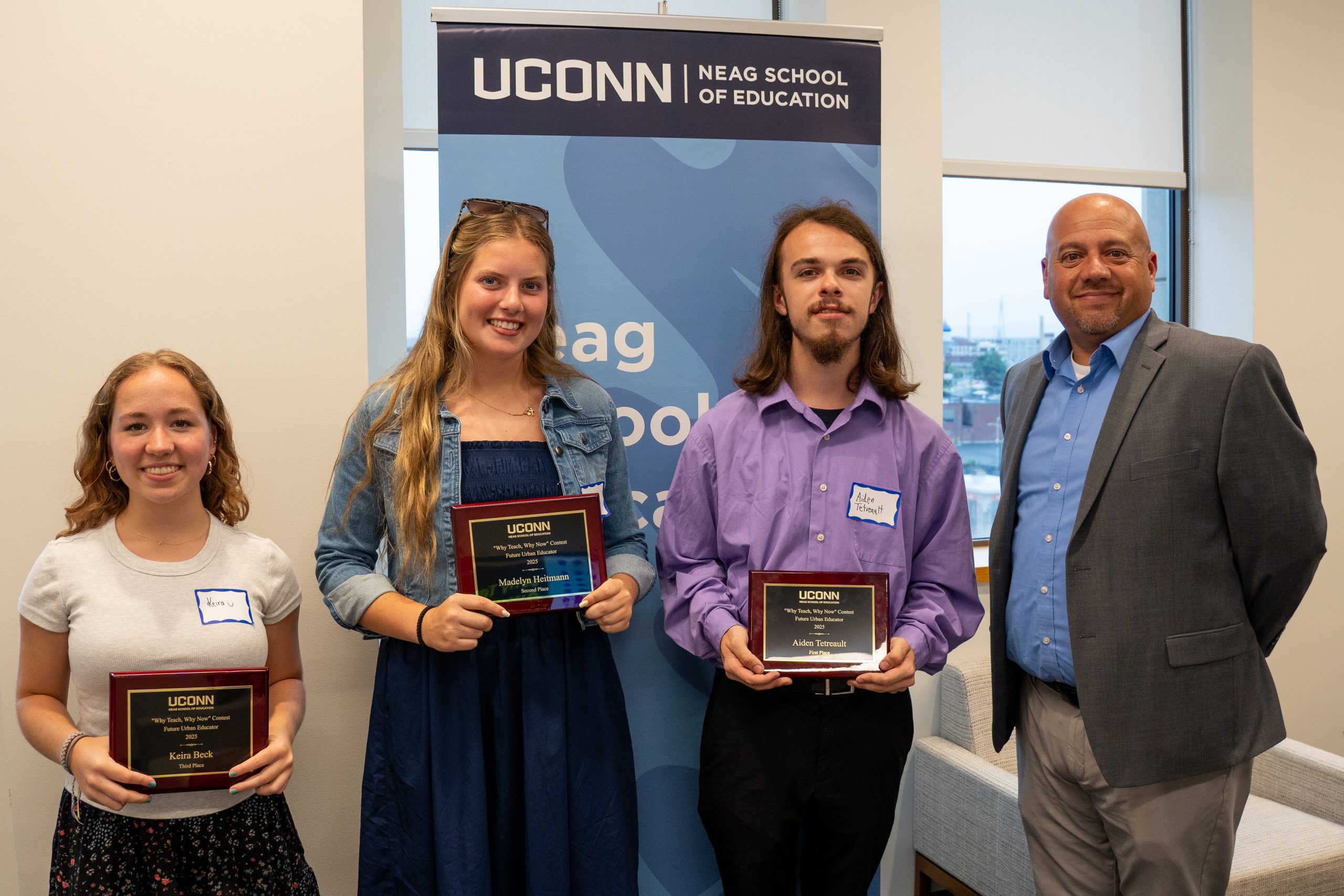Yonatan Morse, assistant professor of political science at UConn, is among 27 scholars and writers nationally named to the 2020 class of Andrew Carnegie Fellows. Each recipient of the award will receive up to $200,000 to support a two-year research sabbatical to produce a book or major study on their research.
The Andrew Carnegie Program was created to support high-caliber scholarly research in the social sciences and humanities that addresses important and enduring issues confronting society. Since 2015, the program, which is supported by The Carnegie Corporation of New York, has awarded $38 million to about 200 recipients from institutions nationwide, whose scholarly research spans such subjects such as U.S. democracy, the environment, technological and cultural evolution, and international relations.
The project Morse will research is titled Discovering Welfare: Democracy and the Transformation of Social Protection in Africa. He researches issues related to authoritarian institutions and electoral authoritarianism in the African context, where he has conducted extensive fieldwork. He has published articles in the journals World Politics, Democratization, Comparative Politics, and International Political Science Review.
Morse was selected from among 322 candidates by a panel of jurors based on criteria that prioritize the originality and potential impact of a proposal, as well as their capacity to communicate the findings to a broad audience.
“As we respond to the many disruptions caused by COVID-19, we must not lose sight of the necessity of solving both today’s and the world’s persistent challenges,” said Susan Hockfield, chair of the Andrew Carnegie Fellows Program jury and president emerita of the Massachusetts Institute of Technology.
“The complex solutions required for these difficult problems require more than the best of science and engineering; they must also incorporate perspectives and insights from the humanities and social sciences.”
Morse joined the UConn College of Liberal Arts and Sciences in 2016 after working as an Assistant Professor of Teaching and Associate Director of the Democracy and Governance Program at Georgetown University for three years. In 2019, he travelled to Cameroon to interview members of parliament for his book How Autocrats Compete: Parties, Patrons, and Unfair Elections in Africa, which explores how rulers with absolute power compete in and manipulate elections.
Morse has received grants from Georgetown University’s Center for Democracy and Civil Society, and was the recipient of Georgetown’s Glassman Award for Distinction in the Social Sciences. He also contributes to the blog Democracy in Africa.



